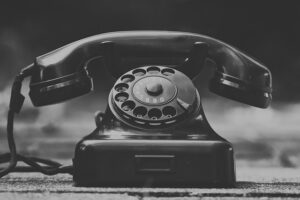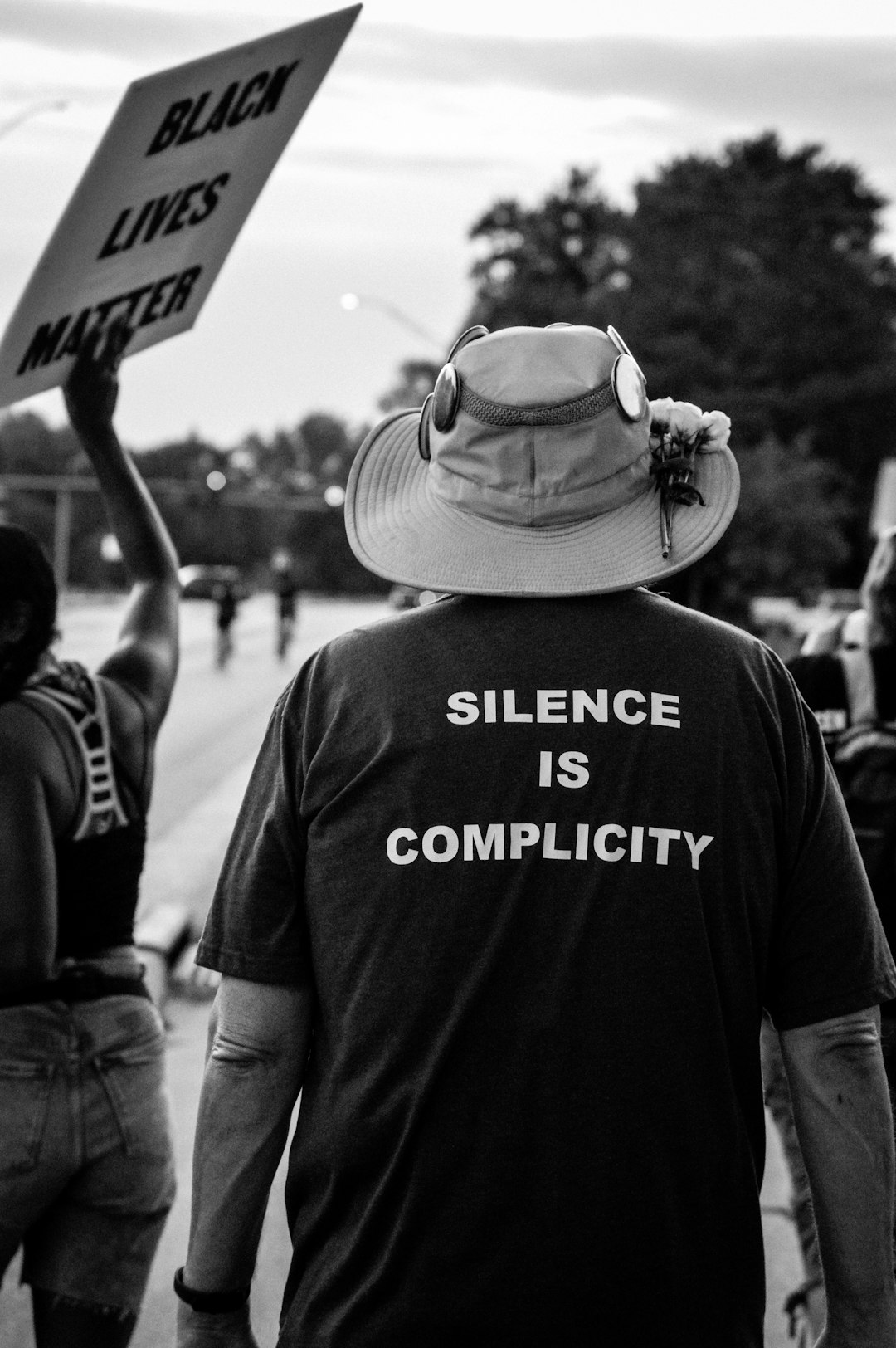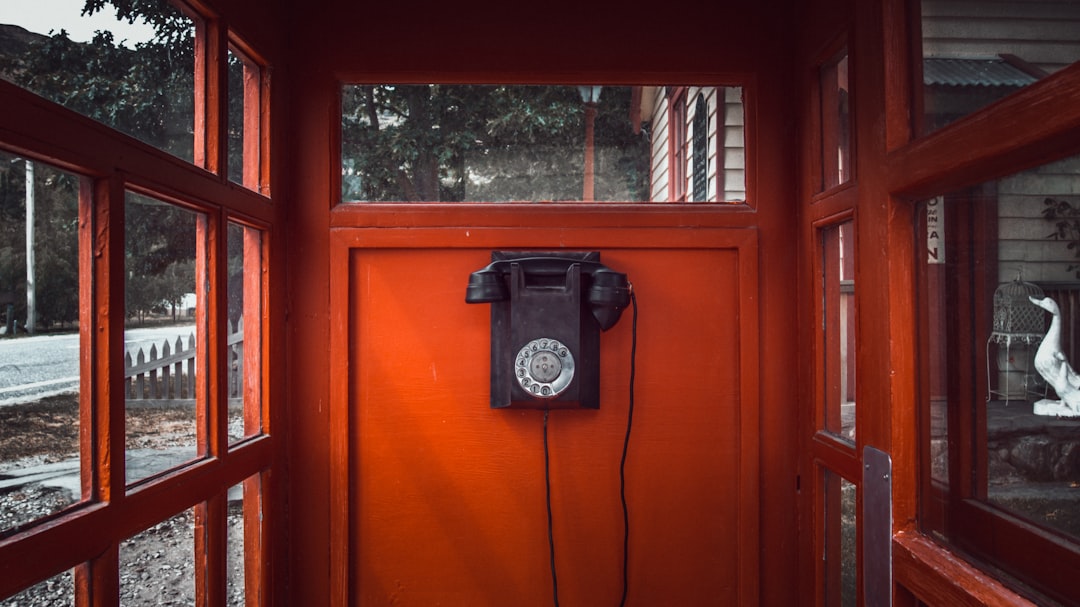Autodialer technology is transforming community engagement in Nebraska by enabling efficient, targeted outreach for law firms, advocacy groups, and businesses. These tools automate phone calls, saving time and resources while enhancing accessibility through personalized messages in multiple languages. Autodialer lawyers in Nebraska navigate legal parameters, ensuring compliance with strict privacy regulations. By leveraging autodialers, organizations can foster trust, connect with diverse audiences, and improve community well-being, as demonstrated by successful initiatives in legal services, healthcare, and local government.
In Nebraska, community engagement is vital for fostering strong, connected neighborhoods. This article explores how autodialer technology has emerged as a powerful tool in this effort. “Understanding Autodialers” delves into the technology behind automated calling systems, while “Nebraska’s Community Engagement Landscape” highlights challenges and opportunities they present. We examine the legal framework surrounding autodialer use to protect citizens from unwanted contact and discuss how these systems can effectively enhance community outreach. Real-world examples in “Case Studies” showcase successful integration of autodialers within Nebraska communities.
Understanding Autodialers: The Technology Behind the Calls
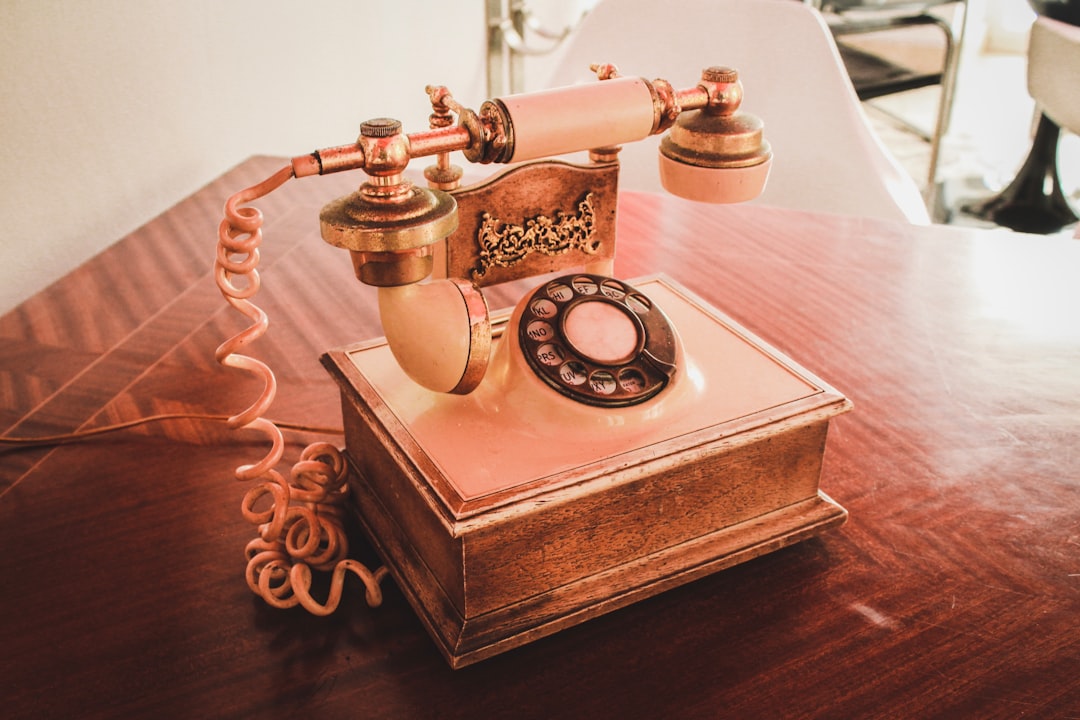
Autodialers are sophisticated technology tools that facilitate automated phone calls, revolutionizing communication strategies for businesses and organizations in Nebraska, including legal firms catering to the state’s residents. This innovative system works by sequentially dialing a list of telephone numbers, allowing for efficient and simultaneous outreach to numerous contacts.
At the heart of an autodialer is its ability to manage and organize vast phone number databases, ensuring targeted campaigns that reach the intended audience. For Nebraska-based autodialer lawyers, this technology offers immense potential in community engagement efforts, enabling them to connect with clients, spread awareness, and foster meaningful interactions on a much larger scale. By automating the calling process, these lawyers can save time, improve efficiency, and optimize their outreach strategies to better serve the community.
Nebraska's Community Engagement Landscape: Challenges and Opportunities
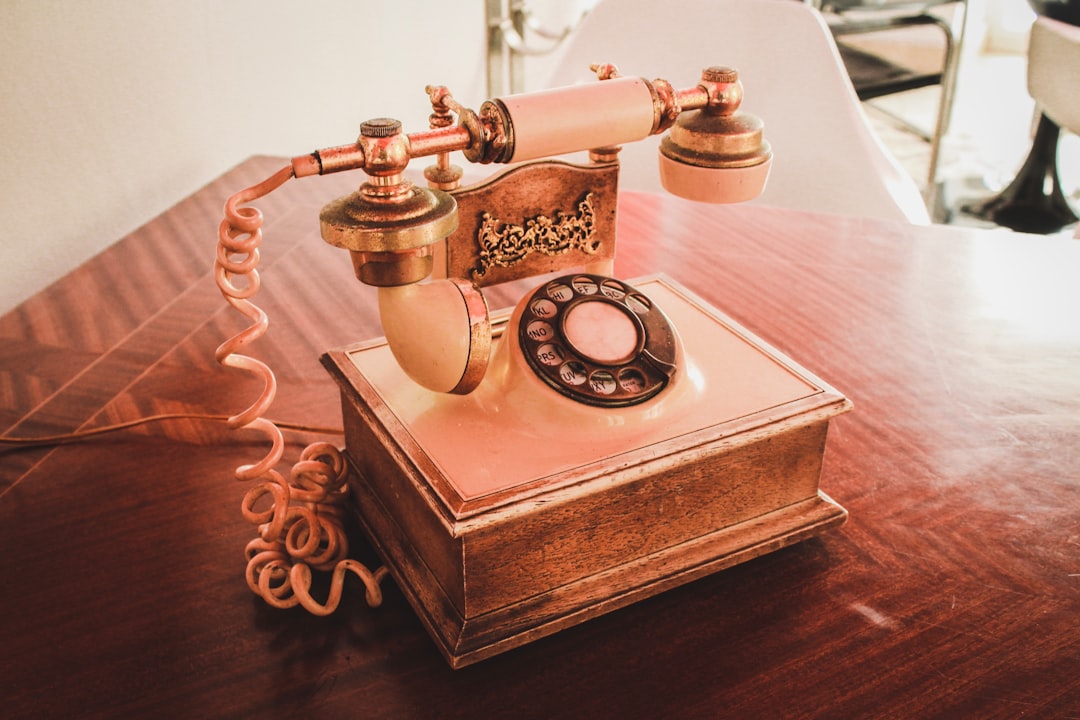
Nebraska’s community engagement landscape is dynamic, presenting both challenges and opportunities for advocacy groups, non-profits, and local businesses alike. In an era where digital communication dominates, traditional methods often fall short in reaching every segment of the diverse population. This is where autodialer technology steps in as a powerful tool for engagement. Autodialers, when used ethically, can facilitate effective communication by allowing organizations to connect with residents quickly and efficiently, ensuring no voice is left unheard.
The state’s vast and varied communities, from urban centers like Omaha to rural towns, demand tailored strategies. Nebraska’s community engagement efforts require a balance between personal touch and technological advancement. Autodialer lawyers in Nebraska are increasingly playing a crucial role in helping organizations navigate this landscape, offering solutions that enhance participation while adhering to privacy regulations, ensuring successful and inclusive community outreach programs.
The Legal Framework: Protecting Citizens from Unwanted Contacts

In Nebraska, the use of autodialers for community engagement efforts must operate within a strict legal framework designed to protect citizens from unwanted contacts. The state has enacted laws and regulations to ensure that automated phone calls are made responsibly and ethically, balancing the needs of organizations seeking to engage with residents against individual privacy rights. Key among these is the requirement for explicit consent, ensuring that callers have permission to contact individuals through autodialers.
Autodialer lawyers in Nebraska play a crucial role in navigating this legal landscape, advising community engagement teams on compliance issues and best practices. These experts help organizations avoid common pitfalls, such as unauthorized calls or failure to provide opt-out options, which can result in significant penalties and damage to reputations. By working with autodialer lawyers, Nebraska communities can effectively utilize technology while maintaining the trust and respect of their residents.
How Autodialer Systems Can Enhance Community Outreach

Autodialer systems have emerged as powerful tools for enhancing community outreach in Nebraska. By automating phone calls, these technologies allow organizations and businesses to connect with a larger audience in a more efficient manner. This is particularly beneficial for legal practices focused on serving Nebraskans, as it enables them to reach out to potential clients or stakeholders promptly and consistently. With an autodialer, lawyers can schedule follow-up appointments, send reminders about upcoming events or deadlines, and even provide important updates related to community initiatives, ensuring higher engagement rates.
Furthermore, these systems can be tailored to meet the specific needs of Nebraska’s diverse communities. They can deliver personalized messages in multiple languages, catering to a wide range of residents. This level of customization not only improves accessibility but also fosters a deeper sense of connection and inclusivity, which is essential for effective community engagement. autodialer lawyers Nebraska can leverage this technology to build stronger relationships with their clients and contribute to the overall well-being of the state’s communities.
Case Studies: Successful Integration of Autodialers in Nebraska Communities

In Nebraska, the successful integration of autodialers has been a game-changer for community engagement efforts. Local governments and non-profit organizations have adopted this technology to reach residents more effectively, especially in rural areas where traditional outreach methods may be less efficient. For instance, an autodialer campaign by the Nebraska Bar Association aimed to increase public awareness about legal services available to low-income individuals. By automatically dialing a vast database of phone numbers, the association was able to connect with thousands of residents, providing them with critical information and resources. This case study demonstrates how autodialers can significantly enhance the reach and impact of community engagement initiatives.
Another successful example involves a local healthcare provider using autodialers to schedule appointments and remind patients about important follow-up care. By automating these communication processes, the provider was able to improve appointment attendance rates and ensure better continuity of care. This not only benefits individual patients but also contributes to the overall health and well-being of the community. As seen in these scenarios, autodialer lawyers in Nebraska have played a pivotal role in transforming how communities connect and engage with essential services, ultimately fostering a more informed and responsive citizenry.


